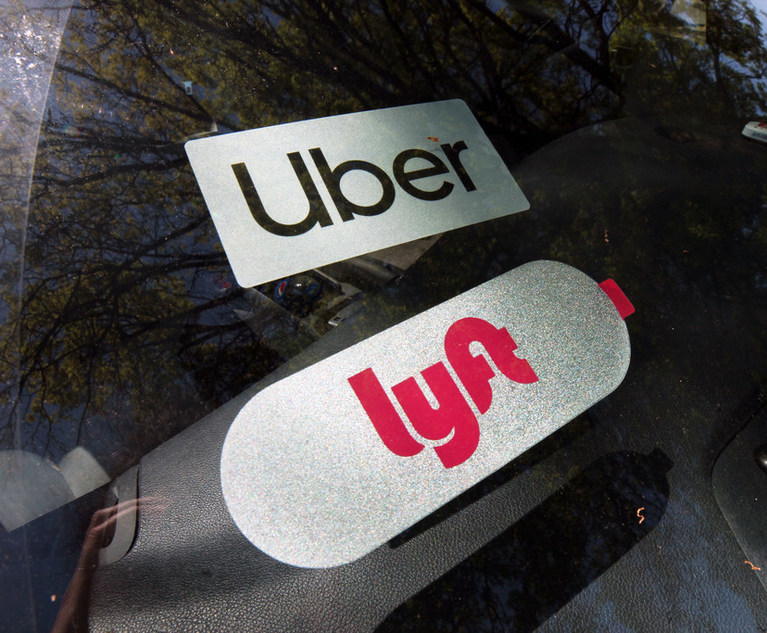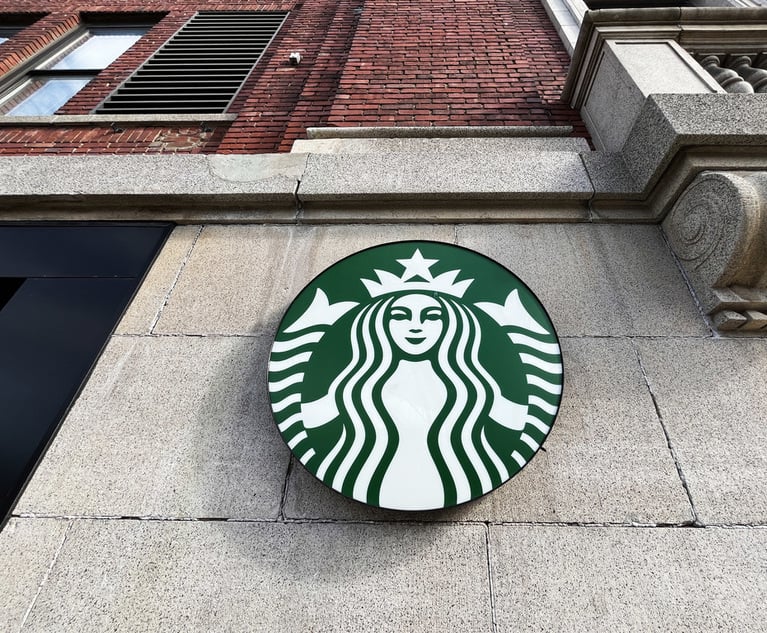Since the arrival of Uber in 2009, the gig economy has grown from fledgling startups into a critical part of the lives and routines of many people across the nation. Of course, as the usage of gig economy entities has grown, so have the chances of potential liability and exposure in the context of civil lawsuits.
Non-standard or gig work consists of income-earning activities outside the standard, long-term employer-employee relationships that previously dominated the employment landscape. Gig workers are generally compensated as 1099 independent contractors and have control to set their own schedules.
This content has been archived. It is available through our partners, LexisNexis® and Bloomberg Law.
To view this content, please continue to their sites.
Not a Lexis Subscriber?
Subscribe Now
Not a Bloomberg Law Subscriber?
Subscribe Now
LexisNexis® and Bloomberg Law are third party online distributors of the broad collection of current and archived versions of ALM's legal news publications. LexisNexis® and Bloomberg Law customers are able to access and use ALM's content, including content from the National Law Journal, The American Lawyer, Legaltech News, The New York Law Journal, and Corporate Counsel, as well as other sources of legal information.
For questions call 1-877-256-2472 or contact us at [email protected]


 May 7th 2019. York, P.A. Lyft and Uber sticker on car windshield. Photo: Daniel Dror/Shutterstock
May 7th 2019. York, P.A. Lyft and Uber sticker on car windshield. Photo: Daniel Dror/Shutterstock




